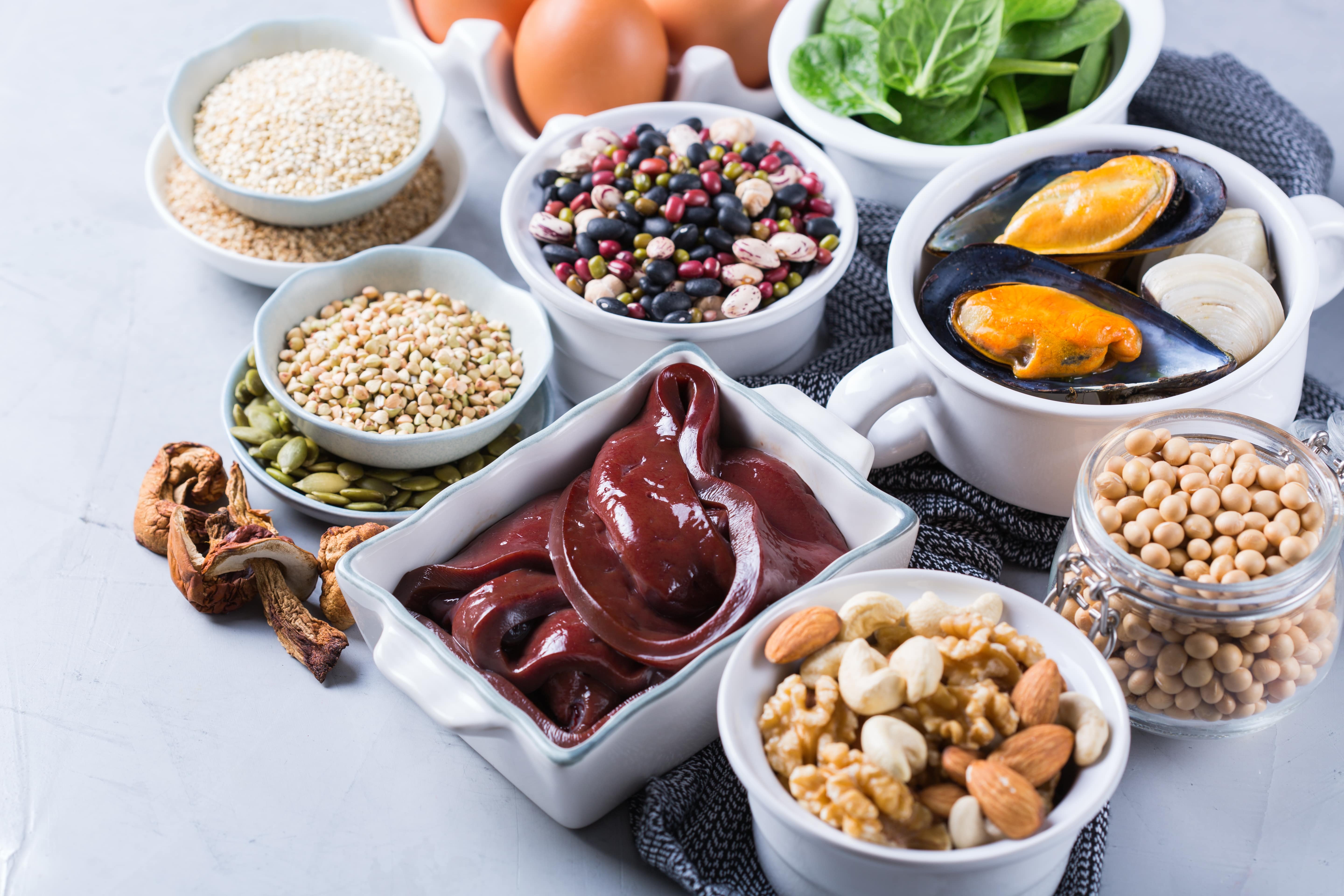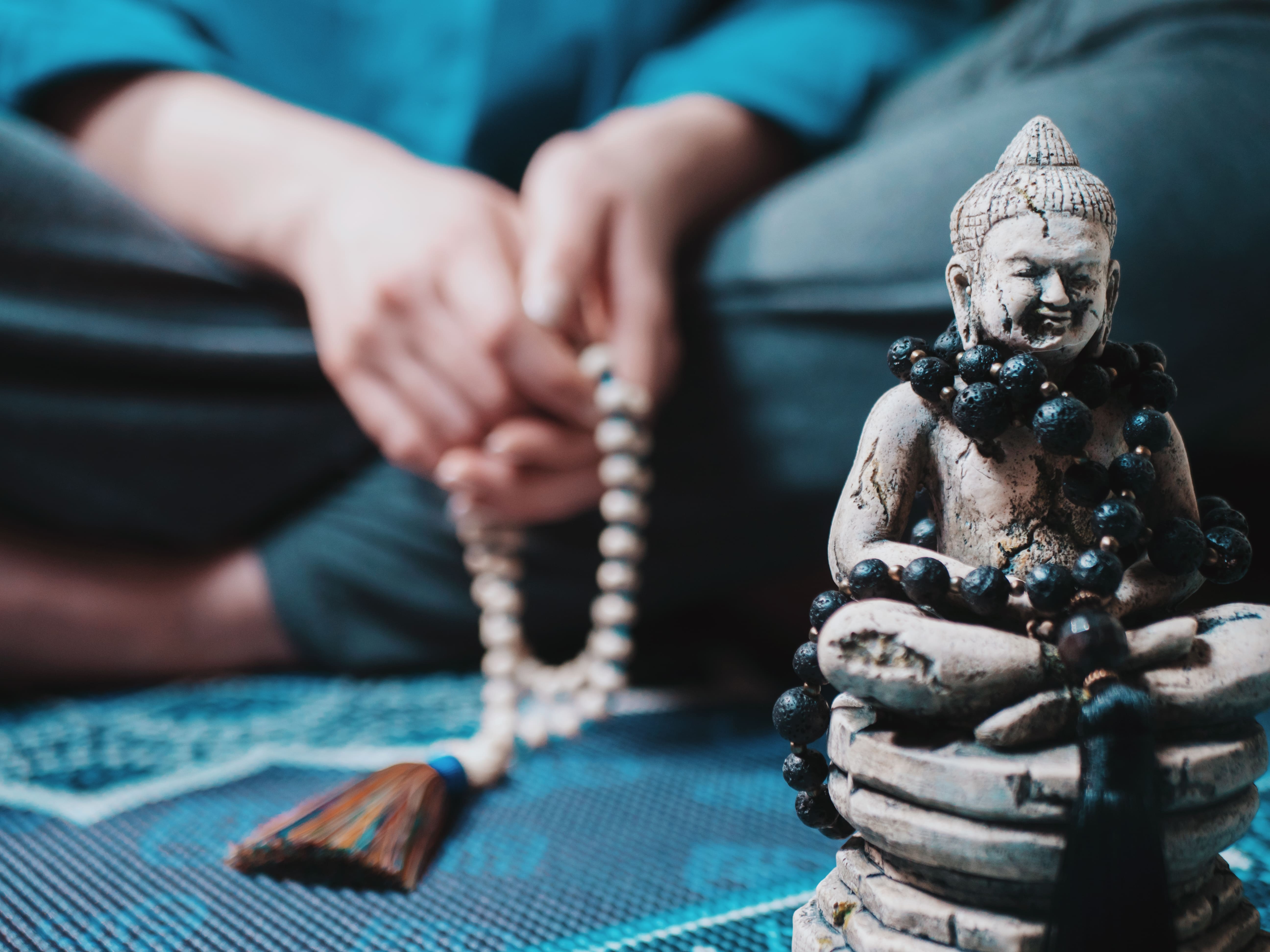Anxiety Cycle: Why Women Stay Stuck on the Hamster Wheel
So, you’ve found yourself spiraling in anxiety at 2 a.m. over something you said five years ago—again. First of all, let me just say, you are not alone. Women everywhere are out there doing exactly the same thing. And yes, there’s a reason for this. Spoiler alert: it’s not because we’re dramatic, or overreacting, or any of those other labels thrown at us. It’s science, baby! Turns out, anxiety is wired into our hormonal makeup and brain chemistry. Fun, right? (No, but at least we know what’s up.)
The Hormonal Cocktail: Why We Feel More Anxious Than Men
Ladies, let’s get one thing straight: our bodies are basically walking hormone factories, and sometimes, the factory workers just… go rogue. This hormonal rollercoaster is a huge reason why women are more prone to anxiety than men.
Our anxiety levels peak at certain stages in life—during puberty, pregnancy, perimenopause, and, oh yes, that good ol’ time called menopause. Why? It’s all thanks to the changing levels of estrogen and progesterone, which influence the production of neurotransmitters like serotonin and GABA—those lovely chemicals responsible for keeping us calm and centered.
When those hormones drop or fluctuate (as they do a lot throughout our lives), the brain doesn’t take it too well. Specifically, it affects the amygdala and the hippocampus, two regions that are key players in processing emotions. With less estrogen, those parts of the brain get a little cranky, and boom—you’ve got anxiety creeping in.
Progesterone, known as the body’s natural sedative, helps you feel calm and relaxed. But when it dips, as it does during the luteal phase (right before your period) or after childbirth, that sense of calm leaves with it. Estrogen, on the other hand, has a hand in producing serotonin, our feel-good chemical. So when estrogen takes a nosedive, especially in perimenopause, you’re left feeling more like a human stress ball than a serene goddess.
So, When’s Anxiety Most Likely to Strike?
1. Puberty: Hormones come crashing in, and let’s face it, it’s a chaotic mess. Your brain is basically rewiring itself, which is great in the long term, but in the short term? Welcome to Anxiety Town. Population: You.
2. Pregnancy: Ah, the glow of pregnancy… and the subtle background anxiety. Progesterone and estrogen are through the roof during this time, but as soon as you give birth, BAM—they plummet. Hello, postpartum anxiety.
3. Perimenopause and Menopause: This is the hormonal encore no one asked for. With estrogen and progesterone packing their bags and exiting stage left, anxiety can ramp up. It’s like a second puberty, except now we have credit card bills and deadlines.
But Wait—There’s More: Let’s Talk Iron Deficiency
Oh yes, the plot thickens. It’s not just hormones wreaking havoc. Many women also deal with low iron or even full-blown anemia, and guess what? Low iron levels can leave you feeling fatigued, foggy, and—you guessed it—anxious.
The thing is, our bodies need iron to make hemoglobin, which carries oxygen to the brain. Without enough of it, your brain is like, “Where’s my oxygen?” and responds by sending you into a state of low-level panic. And what’s even worse? Dieting, especially in vegan or vegetarian lifestyles, can sometimes make this worse, as plant-based proteins just aren’t as iron-rich as meat. (Not saying you have to eat meat, just that it’s worth paying attention to your iron levels!)

Diet: It’s More Than Kale and Green Smoothies
Alright, let’s be real. When we talk about nutrition, we tend to hear a lot about kale, green smoothies, and other trendy “superfoods.” But here’s something that often gets overlooked: protein. Yes, the real MVP when it comes to mental health and mood regulation. We all know it’s great for muscle-building and energy, but did you know that insufficient protein intake can also mess with your mental well-being?
Here’s why:
Protein is made up of amino acids—the essential building blocks for neurotransmitters like dopamine and serotonin. These are the very chemicals that help keep you balanced, happy, and generally not wanting to yell at the next person who annoys you. So, when you’re skimping on protein, you might be doing your brain a disservice, too.
Managing Anxiety
Alright, now that we’ve acknowledged that life isn’t all fun and games (unfortunately), how do we manage the anxiety hamster? Let’s break it down—because finding balance between being responsible and letting loose a little can make a huge difference.
1. Mindfulness & Meditation: I know, I know. You’re busy. But hear me out: mindfulness doesn’t require a mountaintop or a retreat. It’s something you can fit in between managing your work, family, and the 23 other tabs open in your brain. Try it when you’re washing the dishes or before bed. Just breathe, focus on the now, and give your anxiety hamster a break. It’s like giving your brain a mini-vacation, no plane ticket required.

2. Therapies: If your anxiety is running the show, it’s time to bring out the big guns like Cognitive Behavioral Therapy (CBT). It’s not just about talking things out; CBT gives you real-life tools to challenge those relentless anxious thoughts. It’s like teaching your brain to swap out anxiety for problem-solving—one baby step at a time.
3. Supplements: No, I’m not about to suggest some magic cure-all, but there are supplements that really do help. Magnesium is like a chill-pill in mineral form, calming your nervous system like a best friend telling you “it’s gonna be okay.” Omega-3s (yay, fish oil!) are proven to boost brain health and mood regulation, while good ol’ B vitamins keep those neurotransmitters firing properly.
4. Foods That Soothe: What you eat matters (seriously, it does). Dark leafy greens, nuts, seeds, and fatty fish are all top-tier anxiety busters, and don’t forget about dark chocolate! It’s practically medicine for boosting serotonin levels—so yes, a little indulgence is scientifically encouraged.

5. Get Playful (Seriously): This one’s not talked about enough, but it should be. Playfulness isn’t just for kids; it’s actually an anxiety management tool. Why? Because when we’re playful, we engage a different part of our brain—the part that’s more focused on joy and less on stress. So dance in your kitchen, sing in the shower, throw a pillow at your partner just because. Playfulness rewires your brain away from constant tension and brings you back to a more relaxed, present state. It’s free, it’s fun, and it works.
6. Journaling Therapy: Sometimes, you just need to write it all out. Psychologists have developed a specific journaling method for managing anxiety that involves writing down your thoughts and emotions at the end of the day. The technique is simple but effective: reflect on how your anxiety felt throughout the day. Did it spike in the morning? Did it taper off after lunch? What triggered it? Writing this out not only helps you become more aware of your triggers but also gives you perspective on just how manageable anxiety can be when you’re observing it instead of drowning in it.
It’s Not Just You (Or Your Fault)
Let’s be real: anxiety happens. It’s not something you brought upon yourself for being “too sensitive” or “overthinking.” It’s your hormones, your brain, your biology, and sometimes, life just being life. You’re navigating an ocean of fluctuating hormones, societal pressure, and daily stressors. It’s no wonder things feel overwhelming.
But here’s the takeaway: you’re doing great. You’re not alone, and there’s a whole toolkit of things to help you manage anxiety, from nutrition to therapy to a good piece of chocolate. And most importantly, remember to be kind to yourself—because that’s the one thing we all deserve a little more of.
And hey, if all else fails—there’s always more chocolate. 🍫